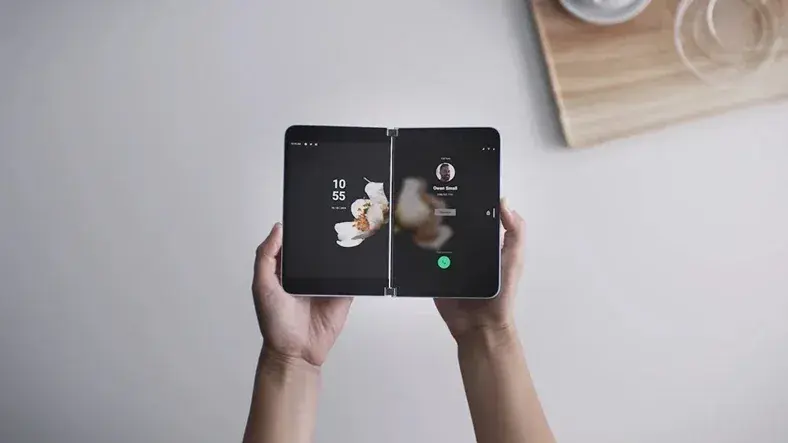Google Adds Dual Screen Support to Chrome Android Version
- Blog Team

- Apr 9, 2020
- 2 min read
Foldable and dual-screen smartphones may become mainstream in the next few years. Companies have started to make preparations for these devices, which have a potential future. One of these companies was Google.
Especially since last year, we have reported many news about foldable smartphones . We talked about the names in the smartphone world saying that foldable smartphones can become mainstream.
Along with foldable smartphones, phones with multiple screens started to debut. The South Korean tech giant made an introduction to this space with the LG V60 , and Microsoft is preparing to enter this space with the Surface Duo .
Multiple screen support to Google Chrome

Of course, with dual screen phones, apps will have to adapt to them, and it looks like Google Chrome is getting ready to take the first step in this regard. If you have a multi-screen, you can open two tabs full-screen at the same time in the desktop version of Chrome. Along with new code added to Chrome's source points, this feature also comes to Android devices.
The so-called 'multiple display' feature is defined as moving a Chrome tab to the secondary screen. Google's explanations that it will improve the foldable and multi-screen Android phone experience naturally means that their apps will follow this path.
On the Microsoft side, there does not seem to be any improvement regarding this issue. However, it is possible to say that Microsoft will be willing to do this, especially considering that the company's Edge browser has become Chromium based. In addition, these two tech giants are working together to make Android 11 more user-friendly for devices like Surface Duo. At this point, both companies have common interests.
Of course, the coronavirus outbreak has now affected the whole world, and asked Google employees to work from home. So it is not possible to say when this feature will be added to the Chrome browser. However, it is expected to reach the exit of the Surface Duo.




Comments